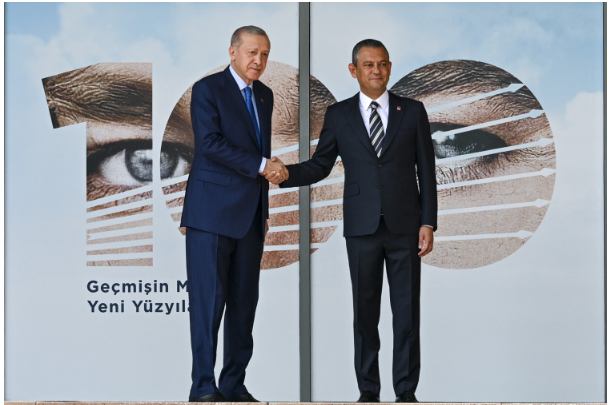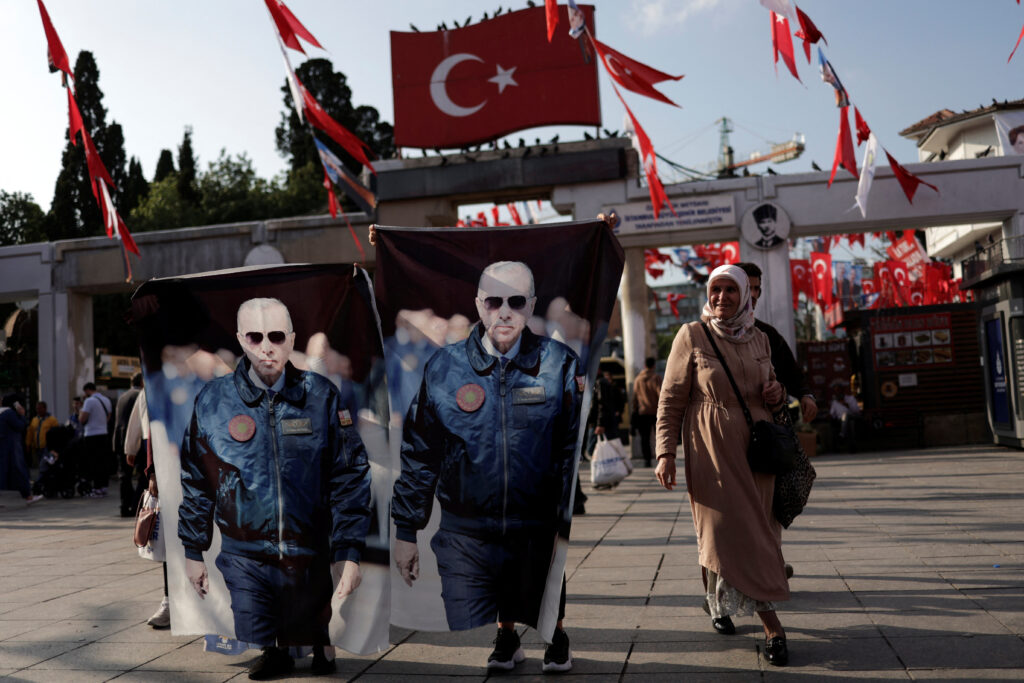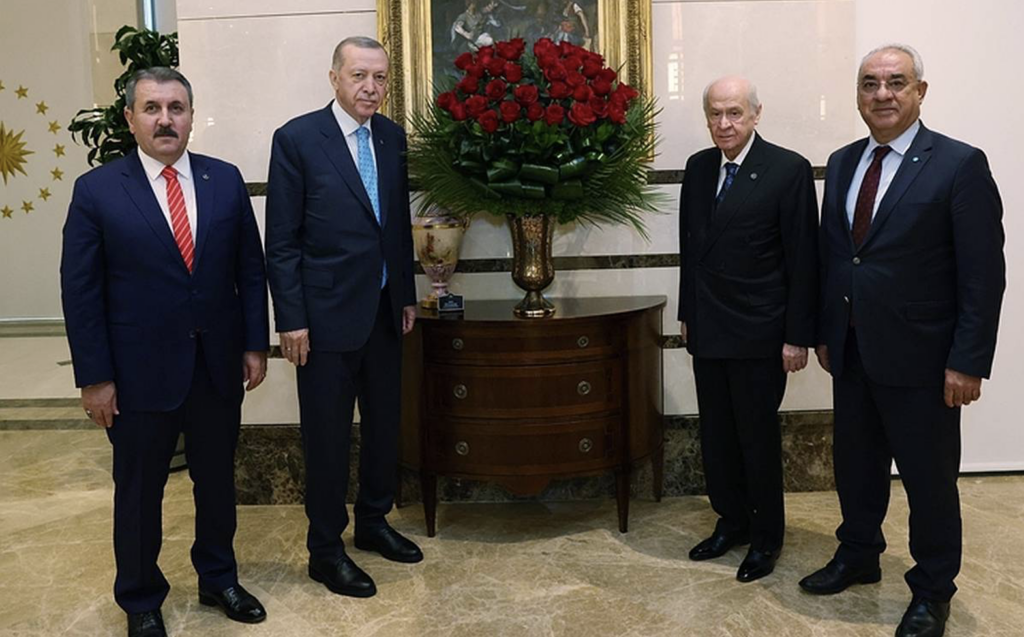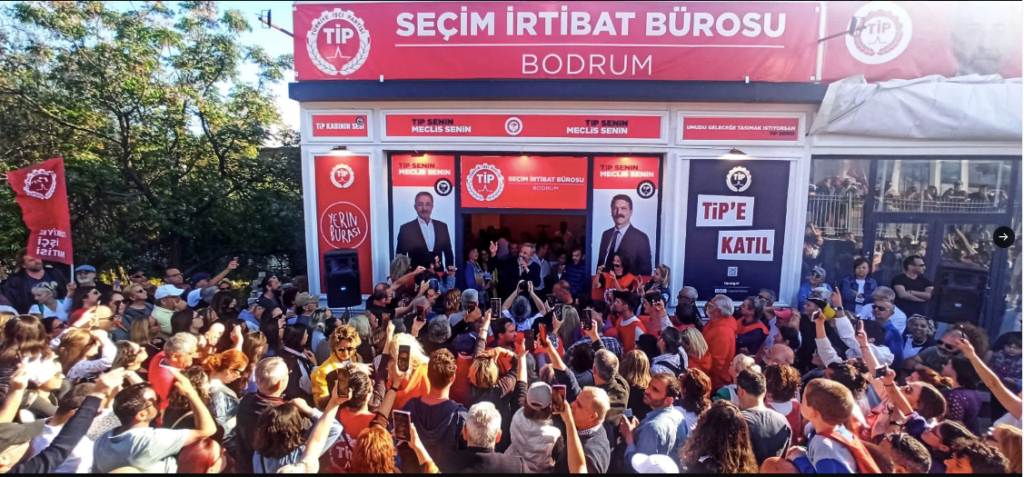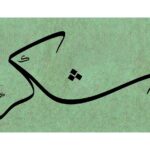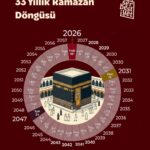Gürbüz Özaltınlı
The Turkish original of this article was published as Aramızdaki duvar on 30th June 2015.
It is common knowledge that Turkish intellectuals, authors and journalists who may be said to have shared a common “left liberal-democratic” identity have suffered a massive split over the last few years. Especially after Gezi, there has been a striking separation of ways. While not withholding their critiques of government policy over Gezi, some among them did not abandon their belief in the capacity of the AKP to keep acting as the primary protagonist of democratic change. I would include myself, too, in this circle, whose attitude vis-à-vis the AKP may perhaps be defined as one of cautionary/critical support. Meanwhile, another section or group has reverted to a line that can be paraphrased as attaching sole priority to getting rid of the AKP government. These are intellectuals that have adopted an insurrectionist, overthrow-minded stance. I have written a number of articles trying to understand and explain their mental-cultural outlook. Other articles have addressed the reasoning behind the critical-supportive position. Together they make up an expanding archive. It is not my intention here to repeat all those arguments.
What I would now like to address is the thick wall that has come between us and its impact on the present.
The profound opposition between supporting a government and trying to overthrow it is enough by itself to explain the rise of this wall — we might think. But there is more to it than that. It is not in a normal political setting that these two fundamentally contrasting positions have emerged. In order to understand why the gulf separating them is so deep, we have to go back to 17-25 December. That was when the temporary and rather unnatural collaboration between the elected government, on the one hand, and on the other a different, distinctive network [= the Gülen Congregation – tr. note], known to be benefiting from the support of some very dubious global forces, and given to utilizing silent infiltration tactics, was finally shattered, and a bitter fight came out into the open over who was really going to wield power. It is the various positions then adopted that we have to place under close review.
What happened on the day is that the operation was fully supported by those who claimed that cases of government corruption had been clearly and indisputably brought out into the open. However, while there was every reason to suspect that some corruption was going on, it was also equally clear that arriving at any degree of certainty depended on the functioning of a genuinely neutral judicial process. Meanwhile, what was truly the most indisputable fact of all was that the hitherto infiltrationist network launched an attempt to bring down the government. Nevertheless, and at the cost losing all their credibility, those who were of a “let’s overthrow the AKP” mindset deliberately overlooked the infiltrationist organization’s move. They went so far as to rubbish the existence of the Parallel State. Some among them kept confusing undertaking a political analysis with establishing the grounds for a judicial verdict. They started asking for legal evidence on the way to forming a political opinion. They tried to take the “parallel bureaucracy” under their wing, pretending that it had been running a normal and proper investigation and legal process. They attempted to render the government’s operational difficulties non-existent. Through appeals to “clean hands” or “a state of law” they tried to maintain a grip on the political stage which was actually predicated on complete disregard for all democratic ethical values. Their reasoning became so deformed, their argumentation had become so recklessly random, that when you said that the judiciary could not be trusted to maintain its neutrality, they replied that it was the government itself who had opened the gate to Gülenist infiltration and occupation. It was as if this apology might by itself justify and democratize the demand to “allow justice to have its way.” They did not even stop to note that if you said “you did it, you get what you deserve,” this was another way of resorting to extra-legality. Freudian lapses were flying in the air.
The urge to get rid of the AKP had even caused a previously unpronounced sentence to be blurted out: “Whatever the cost, come who or what may…”
As for us, the position that we adopted during the same process cannot have been forgotten. Not a single writer among us said that there was “no corruption.” Obviously, at the time the judiciary were a part of the entire setup. Hence what the “don’t touch the cops, and allow justice to have its way” demand meant in plain Turkish was nothing but to “allow the attempt to bring the government down achieve its objective.” But when it was time for the case to be brought before the Constitutional Court that would then function as the Supreme Court of Justice, we came out sharply against blocking this path. We did not remain silent in the face of steps that could be construed as part of a cover-up.
In short, we have been through a phase full of lessons about how the “getting rid of the AKP” outlook can easily resort to inadmissible ways and means, or start looking for unacceptable alliances, whenever a democratic alternative is not available. The difference between these two positions is indicative of the stuff the wall that now divides us is made of.
It is not for nothing that I have chosen to bring all this up yet again.
These days, then same two conflicting groups of intellectuals are also standing on mutually opposed grounds vis-à-vis all the escalating tensions between Turks and Kurds. Those hostile to the AKP have re-grouped around the HDP and strongly supported it in the elections. Some other democrats that are not necessarily anti-AKP are also known to have voted HDP for this or that reason. As a democratic choice this is wholly legitimate.
But at the same time, political developments keep saddling the AKP’s supporters as well as its opponents with huge responsibilities.
With a number of Serbestiyet authors in mind, as well as other intellectuals like Gülay Göktürk or Ali Bayramoğlu that I also keep following closely, I would like to say that I attach immense value to their cautionary and critical efforts at warning the government, too, against the approaching danger.
As for those who believe to have found the standard-bearer of democracy in the Kurdish movement…
Throughout the election campaign, these circles grew passionate about the way Demirtaş became the leading spokesman for a blanket hostility to the AKP. They incited the Kurds into sharp confrontation with the AKP (let alone questioning it). After each exploding bomb, “the killer is clear” and “you cannot intimidate us,” they yelled. And now they are putting their pens in the service of “the government = IS” propaganda. They provide unconditional support to any steps taken by the Kurdish movement if they think that it can somehow help drive the AKP into a corner.
Perhspa it might be worth their while to think a bit about what this outlook can contribute to normalizing politics, promoting common social betterment, and democratizing Turkey.
This is no joking matter. It is not like “a limited operation” to be carried out by the Gülen Congregation at the upper levels of the power hierarchy in order to get rid of the government. We are talking of conflict-mongering policies capable of leading to massive devastation.
I have nothing to expect of the sort of fanatical berserkers who only a few months ago were launching calls to “get up from the table you share with the AKP, join and alliance with the West, and bring civilization to the Middle East.” But I cannot bring myself to believe that all intellectuals clinging to the HDP out of hostility to the AKP are of this sort.
Not to take any note of the state-building plan that is being pushed by Kandil in the context of the region’s new power equations. Not to ask any questions about whether this might have entailed any binding commitments to the Assad régime, or for that matter to other, global forces. Not to attach any thoughts to just what interests these other project partners might be pursuing for themselves. Instead, to target solely the AKP at all times. And hence to jump on any and all propaganda campaigns directed against it…
And to do all this in the name of promoting democracy against authoritarianism.
Is anybody from the other side of the wall ever going to pose a meaningful objection to such blind drifting?
I am looking and waiting.
Yazıyı beğendiysen, patronumuz olur musun?
Evet, çok ciddi bir teklif bu. Patronumuz yok. Sahibimiz kar amacı gütmeyen bir dernek. Bizi okuyorsan, memnunsan ve devam etmesini istiyorsan, artık boş olan patron koltuğuna geçmen lazım.
Serbestiyet; Türkiye'nin gri alanı. Siyah ve beyazlar içinde bu gri alanı korumalıyız. Herkese bir gün gri alanlar lazım olur.




